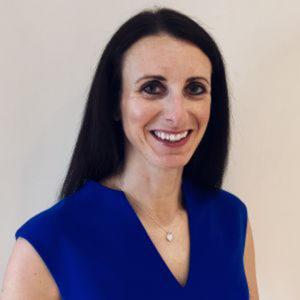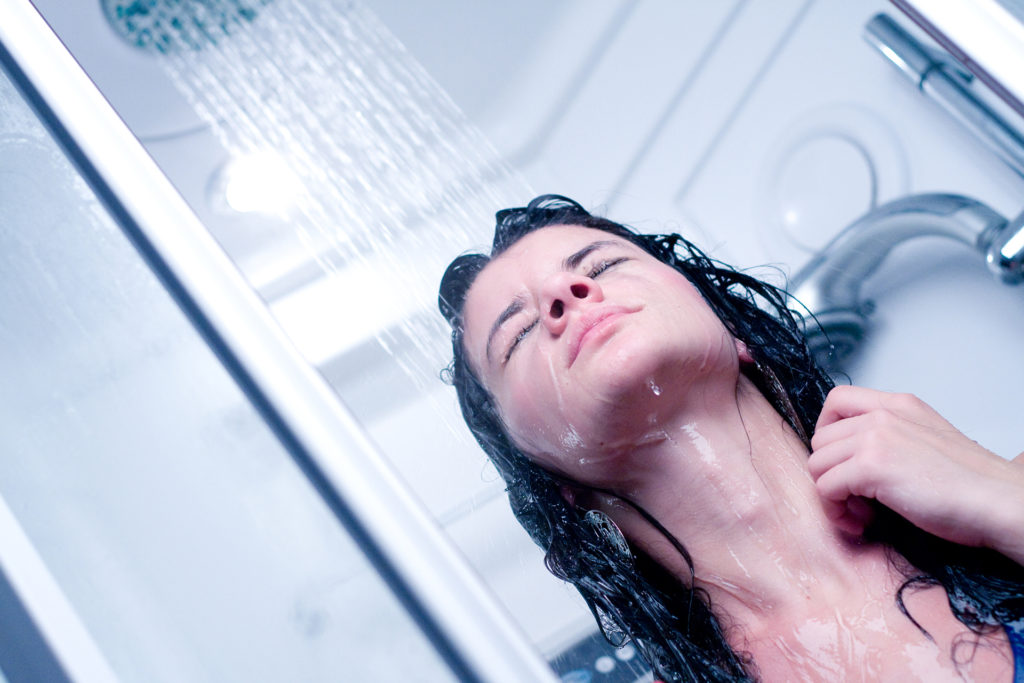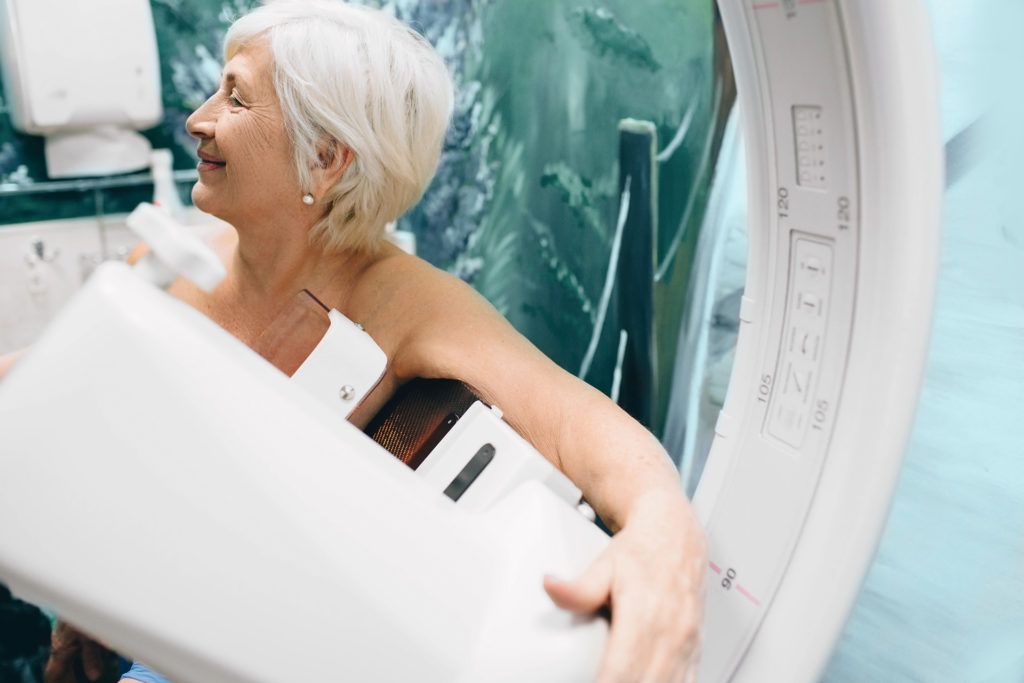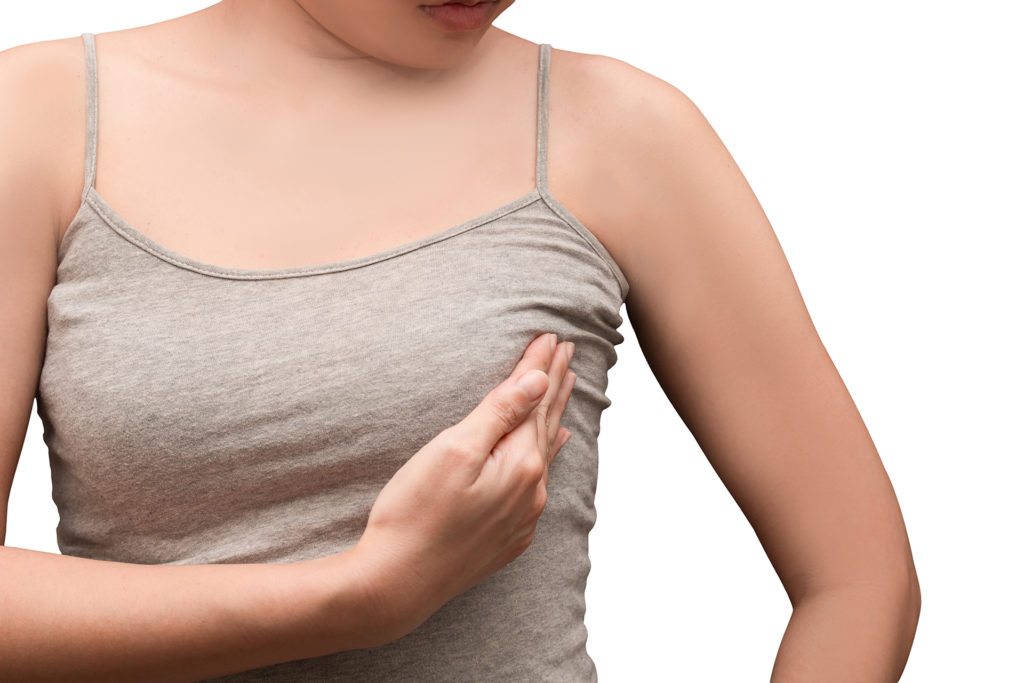Be Breast Aware And Slash Your Risk Of Breast Cancer
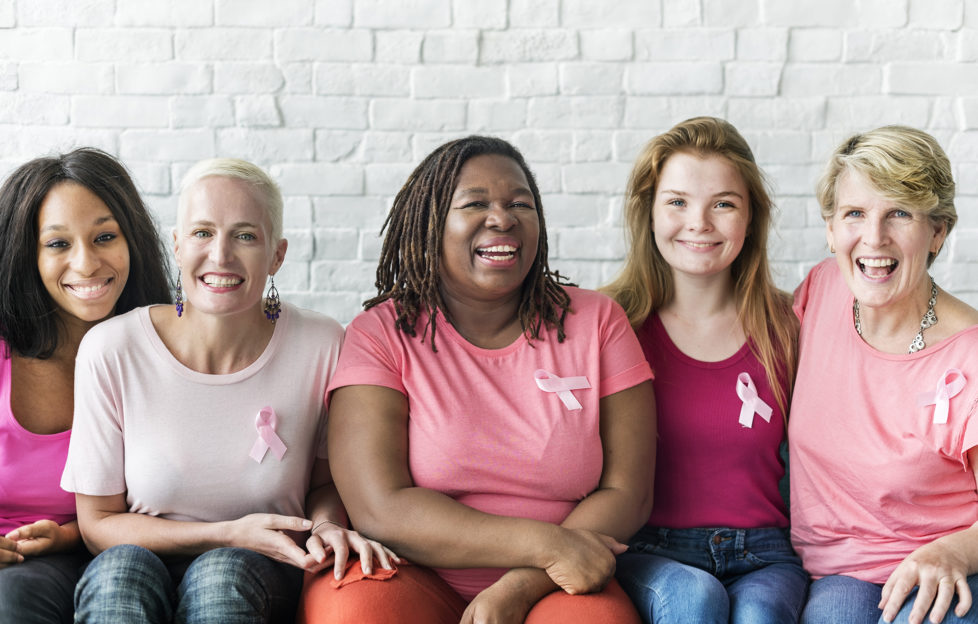
By Dr Samantha Wild, GP at Bupa Health Clinics
As a woman, it’s more important than ever to prioritise your health – both physically and mentally.
This month is Breast Cancer Awareness Month, so we’ve recently spoken with Dr Samantha Wild – GP at Bupa Health Clinics – who’s answered our top breast health questions and shared her advice on making our health a priority.
How should I check my breasts?
Look at the size and shape of each breast and check for any lumps.
It’s important to be aware of how your breasts look normally and any normal breast changes for you across the month, as this can help you spot anything unusual.
Make sure you’re looking at your breasts and the skin on and around them with your arms down at your sides and your hands on your hips, and then with your arms up in the air.
Watch out for nipple discharge, any areas where your skin is pulling or dimpling, or red or scaly patches on the skin (especially on the nipple).
Make sure you feel your breast, under your arm and behind the nipple for any lumps. Check each area for any pain when you’re touching them.
If you do spot anything unusual, report it to your GP.
How often should I check my breasts?
Firstly, it’s really important to check your breasts frequently and do it as often as you feel you need to, so you’d feel confident that if there were any changes, you’d pick them up quickly. As a general guide, aim for at least once a month.
Find a regular time to check your breasts; you may find it easier to do it when you’re relaxed, like when you’re having a bath or shower.
What are the symptoms of breast cancer?
The most common symptom of breast cancer is a new lump on or around your breast. Other signs can include breast pain, discharge from your nipple, or skin (on your breast or nipple) that is dry, flaking or thickened.
Only a small percentage of breast lumps turn out to be cancer; but it’s important to speak to your GP if you spot any of these symptoms.
I don’t have any symptoms; do I still need to attend my female health appointments?
Even if you’re showing no unusual symptoms, it’s important to attend your checks as these can detect abnormalities before you start showing any symptoms. There are routine female health tests available on the NHS, and you can also get your health checked privately, too.
There’s also the option of breast screenings, but this shouldn’t take away from being breast aware and doing your own checks.
Mammograms (X-rays of your breasts to help spot cancer early, before you or your doctor notices any signs of a problem) are offered to women every three years from the age of 50 up to 71.
Does having painful breasts mean you’re more likely to have breast cancer?
Breast pain is very common in women of all ages. There are a number of reasons you may be experiencing breast pain, including hormonal changes like your period, or menopause.
Experiencing breast pain may cause you to feel anxious or worried; but rest assured that breast pain is not usually a symptom of breast cancer. It’s really important to know what’s normal for you, and to be breast aware.
In any case, if you’re worried and you spot anything unusual, speak to your GP.
I have a strange rash on my left breast, but don’t want to go to the doctor during this pandemic. Is it all right to leave it?
The outbreak of coronavirus has left many of us feeling unsettled. It’s completely understandable to feel anxious or worried about going to the doctor; but rest assured, there’s lots of precautions in place to make you feel at ease.
It’s important to see your GP – even during these uncertain times – if you spot any changes on or around your breast or nipple. A rash can be a sign of breast cancer, so it’s crucial to get this checked.
I’ve been told that because I have such a small bust size, I’m less likely to get breast cancer. Is this true?
This is a myth – there is no evidence to show that women with small breasts are less likely to develop breast cancer.
Whilst the exact causes of breast cancer aren’t yet known, certain factors can increase your risk. Your risk of breast cancer increases as you get older as well as having a family history of breast cancer.
I don’t like checking my breasts for lumps because I seem to have some that come and go. Is this something to be worried about?
If you feel or spot a lump on your breast, you should always get it checked by your doctor. Most are harmless, but some can be signs of something more serious.
It’s really important to be breast aware and to check your breasts regularly, so you’re familiar with the way your breasts look and feel normally, as this can help you spot anything unusual.

